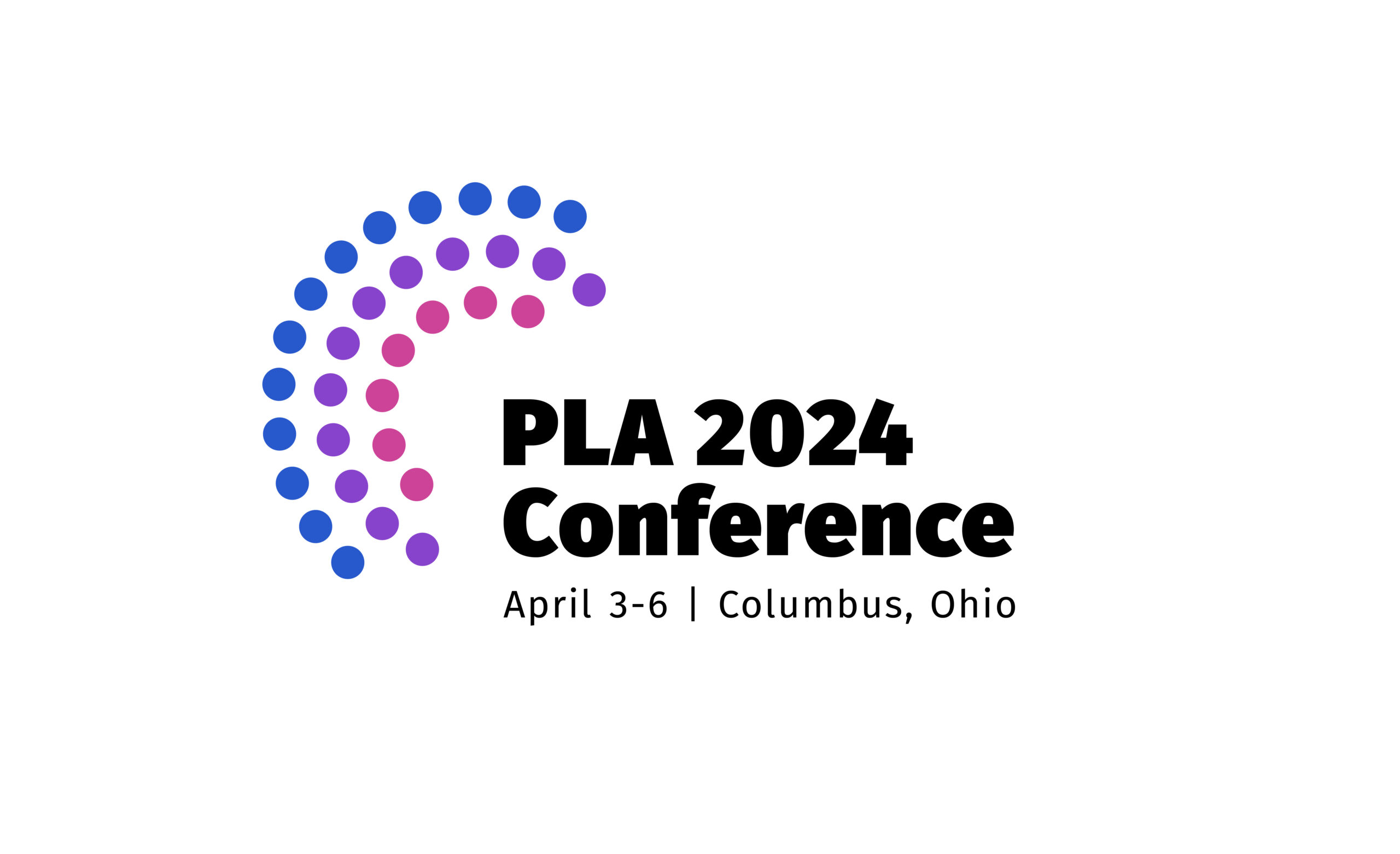Observation Deck! A Qualitative & Observational Assessment Toolkit

Programming is an essential part of libraries and their communities, from storytimes to adult book clubs, but how do we demonstrate a program’s value? As librarians, we can observe and identify learning but what do we do with these observations?
The PLA 2024 conference provided sessions to learn more about innovative programming and outcomes-based assessment. Being a MLIS graduate student about to enter the library profession, I am particularly interested in how to apply qualitative data in a way that demonstrates youth learning. Receiving the PLA scholarship was an exciting opportunity to learn from professionals in the field about my questions.
On Thursday, I attended the session “A Year of Hands-on Program Observations and Outcomes with Our IMLS Digital Toolkit” and was excited to learn more about this digital toolkit. The presenters Rebecca Millerjohn, Youth Services Librarian at Madison Public Library, and Kailea Saplan, a PhD student in Curriculum and Instruction at the University of Wisconsin-Madison at University of Wisconsin-Madison, asked the audience this question about programming: We can see the magic happening….but how do we assess it?
Observation Deck! is an observational tool for programming that captures qualitative data within a learning framework. The learning frameworks tested while creating this tool were from three libraries: Madison Public Library, Waupaca Public Library, and Skokie Public Library. All three frameworks had different learning outcomes and goals in mind for their observations. Madison Public Library utilizes the Bubbler Framework that focuses on making connections, social emotional engagement, initiative and intentionality, problem solving and critical thinking, and creativity and self expression. Waupaca Public Library created their framework on STEAM principles and included engagement, multiage learning, expressing pride and joy, taking risks or critical thinking. Skokie Public Library was interested in observing their Experiential Learning Space and created a framework to include self directed learning, making connections, developing skills, developing confidence, and engagement. These frameworks have no age limitation and can be applied to intergenerational learning across programming.
In 2021, the process for developing this tool started with a IMLS grant, research from the three libraries, and design collaboration with the company byte to ensure a way to capture qualitative learning. Qualitative learning evidence is collected by selecting a category from a learning framework and including:
- Descriptions of learning
- Photo documentation
- Direct quotations
At the end of a program, the user can evaluate and assess the type of learning gained from a program with a visual chart and review pictures. A unique aspect of this tool is that you can evaluate a particular participant’s learning using codes you create. For example, a participant in a red shirt could be named RS and the user can evaluate their learning throughout the program by using this unique code. This method of evaluation can be helpful when describing a program through a storytelling lens. The user can showcase this collective data to demonstrate not only participants’ learning but also the value of a program.
This amazing digital tool captures the magic of programming and provides a way to assess learning. With the flexibility in creating learning frameworks, the tool can support the needs of different libraries and their communities. I will be considering this resource as I become a library professional and think about its impacts for youth programming. I am so thankful to learn from these presenters and connect with library professionals at PLA!
Tags: PLA 2024 conference, pla 2024 scholarship, pla conference, pla2024









